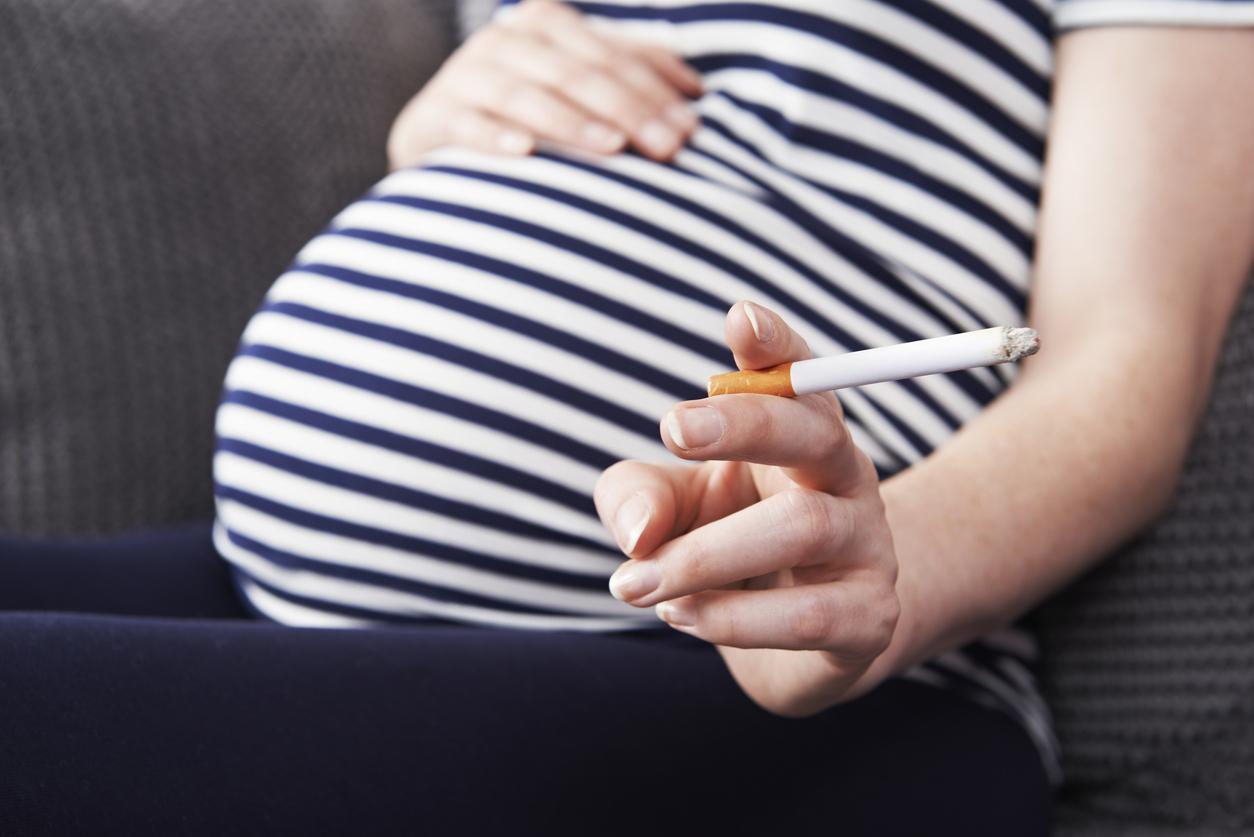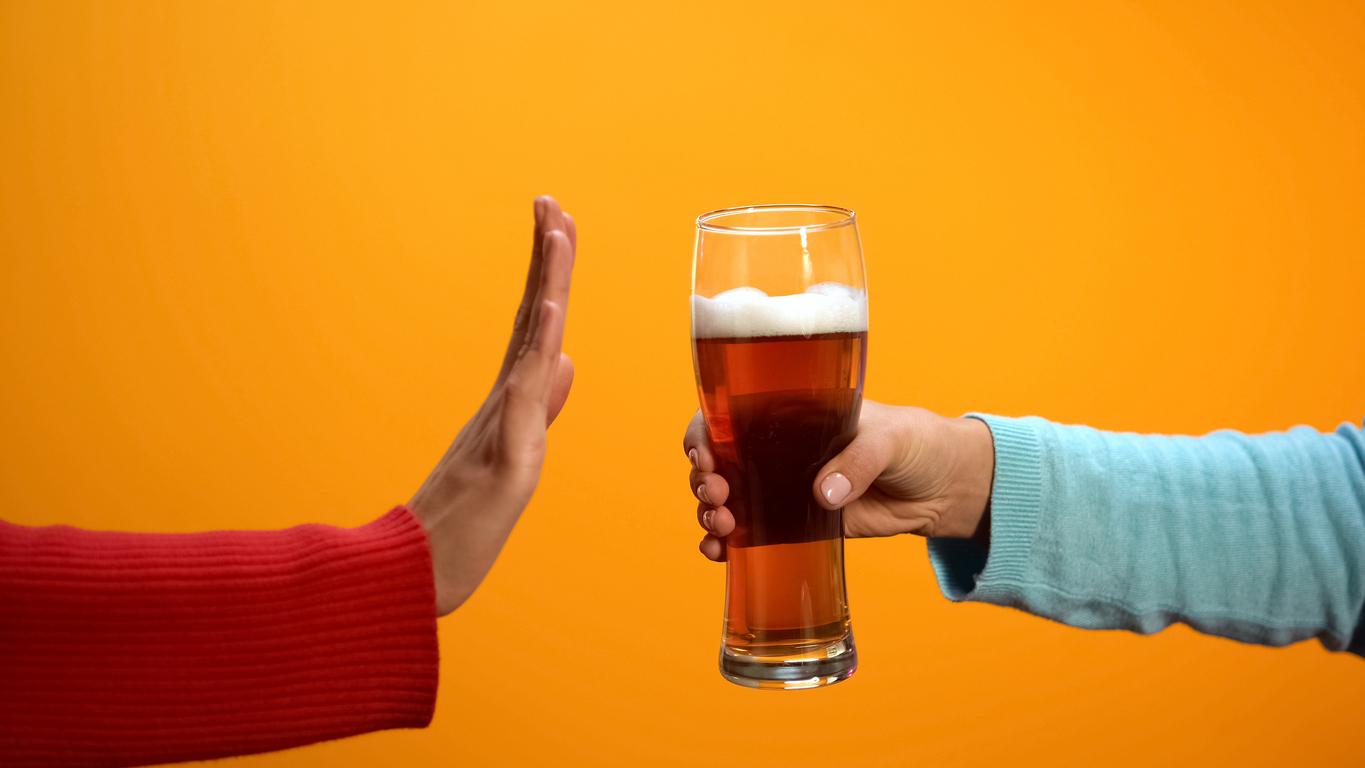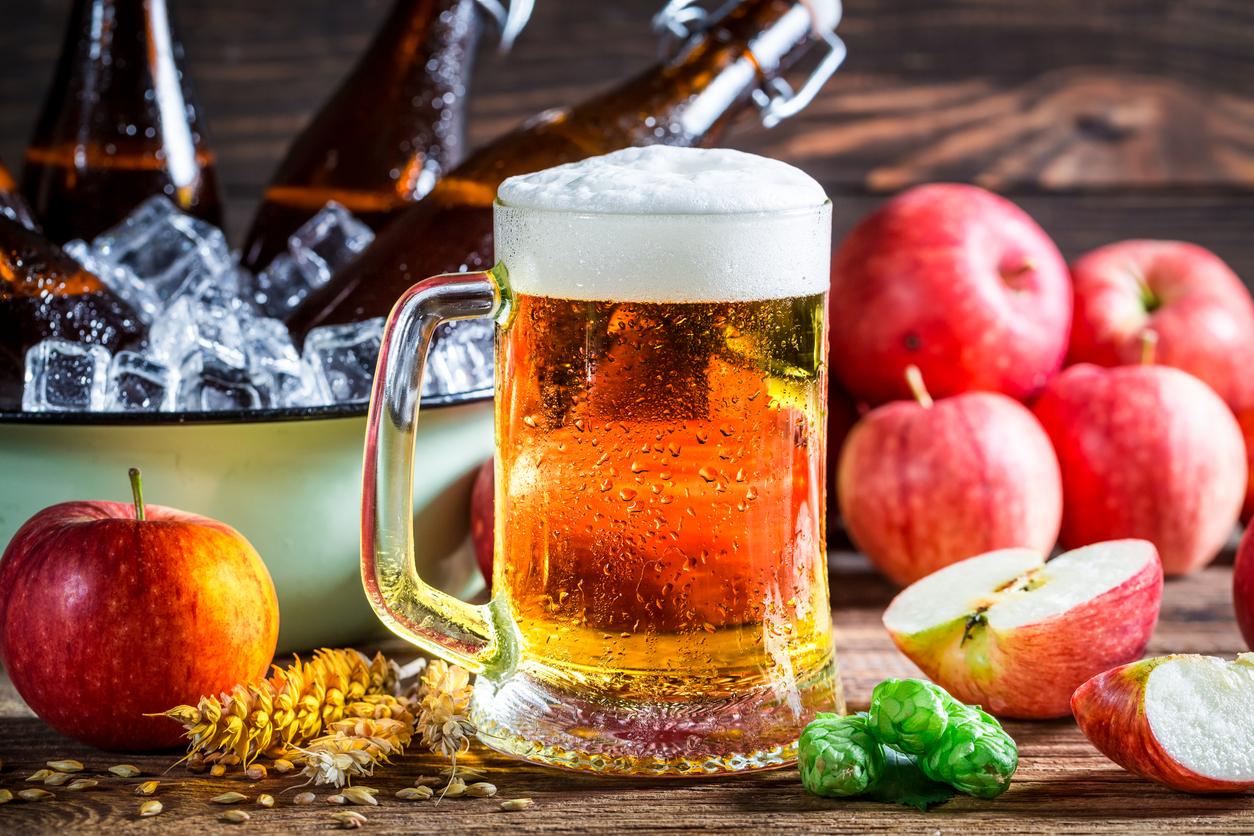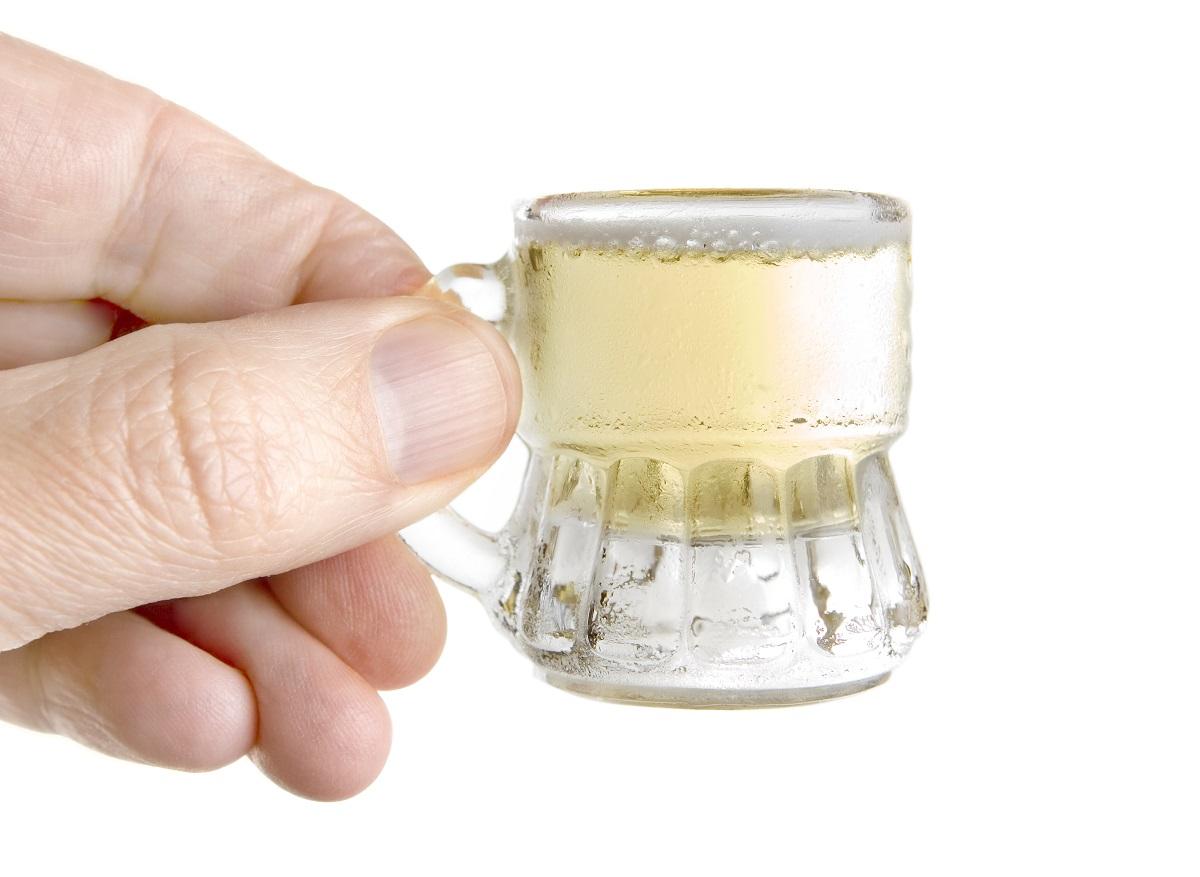Three genes that promote the development of alcoholic cirrhosis have been identified. A European team confirms the hypothesis of genetic susceptibility.

Only a minority of chronic alcohol users will develop cirrhosis of the liver. However, alcohol does degrade this organ. But according to a study published in Nature Genetics, genetic factors would come into play. The European team that signs the work has identified three groups of susceptibility genes.
This is a large study that has identified two regions of DNA (TM6SF2 and MBOAT7) which promote the development of alcoholic hepatic cirrhosis, and a third (MBOAT7) which would also have a strong influence, without however having a causal role.
The first step in this work consisted in mapping the genome of 410 Germans with cirrhosis and that of 1,119 heavy drinkers who were not affected by this pathology. Secondly, the researchers followed a cohort of 301 alcohol dependent people and 346 controls.
Fat metabolism
The three regions identified all have a role in the assimilation of lipids. “We speculate that these genetic variations confer risk via lipid turnover dysfunction,” the authors write. In fact, this work confirms that alcohol is toxic to fat metabolism in the liver. This deleterious effect is the cause of cirrhosis. “We calculated the fraction attributable to each genetic variation individually. We do not yet know if this risk can add up, merge or even multiply ”, specifies however Felix Stickel, co-author of the study contacted by Why actor.
Thanks to this study, the mechanism of development of hepatic cirrhosis is better understood. And occasional heavy drinkers could also be exposed to the effects caused by these genetic mutations. “The genes predisposing to addiction are distinct from those we have discovered, so the development of cirrhosis is quite possible in regular drinkers who have no signs or risk of becoming alcoholics,” explains Felix Stickel. His team also hopes to be able to better estimate the probability that a person will develop cirrhosis. This does not mean, however, that people who do not carry the genes will be able to indulge the bottle without consequences: alcohol has many other effects that are not detailed here.
.

















